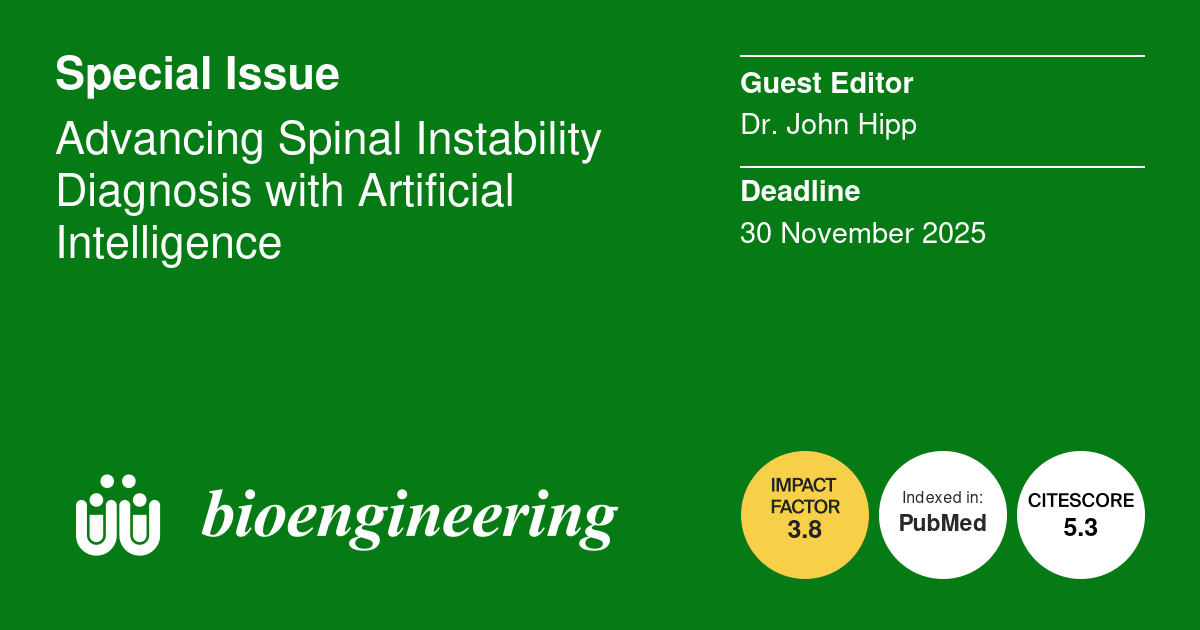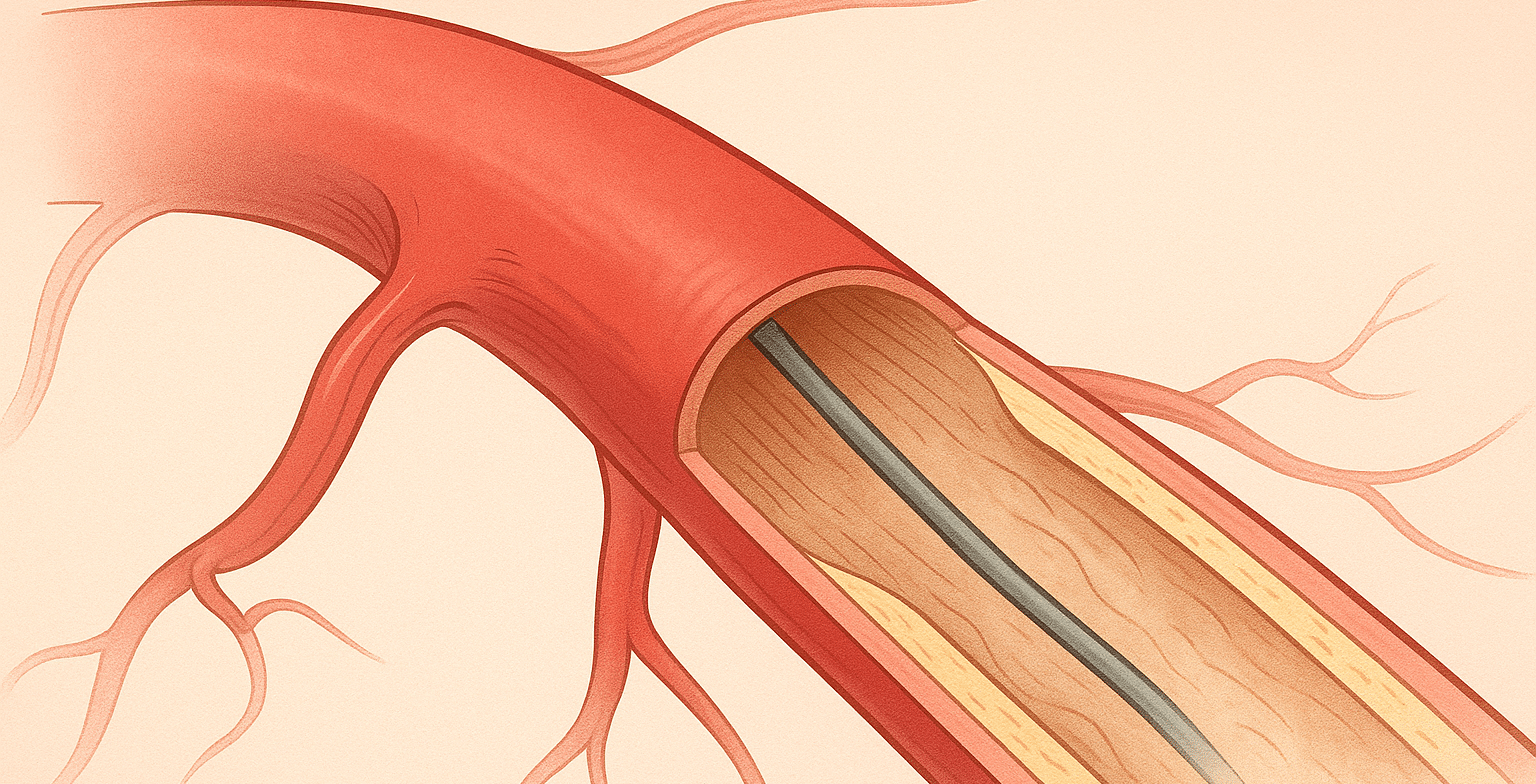The FDA has shown ts commitment to assisting trial sponsors navigating the often convoluted pathway to approval by releasing a number of guidances in recent months. These documents are intended to help industry stakeholders avoid common delays and disruptions by preemptively sharing and exploring the FDA’s expectations and demands.
The administration’s most recent release clarifies requirements for developers to successfully approach specialized medical device advisory committee (MDAC) panels. These panels play a key role in handling challenges in premarket submissions and help address regulatory issues.
The FDA’s Center for Devices and Radiological Health (CDRH), which is responsible for novel medical device approvals, consults with 17 separate panels, each of which has its own specific area of expertise. According to Med Device Online, “a panel is typically consulted if there is a novel technology set to make a significant impact on current clinical practices, if there are issues of data integrity, or if the risks of the product seem to outweigh its possible benefits.” The source also explains that a panel might be convened if there are “regulatory questions about classification, reclassification, or scientific questions related to specific types of devices rather than a specific product.”
While panel discussions are nonbinding, the FDA often relies on the panel’s finding, making it crucial for developers to take the proper approach. However, even with careful analysis of the FDA’s most recent guidance, not all trial sponsors will feel confident in these engagements.
For this reason, retaining experienced providers of clinical trial management services has become so integral to obtaining a timely FDA approval. Working with clinical research partners with a long history of prior approvals may avoid costly regulatory delays and improve time to market.




